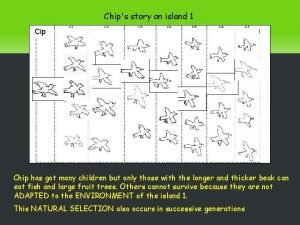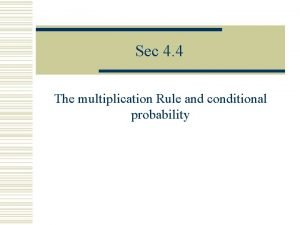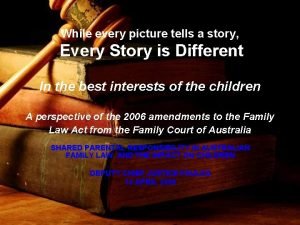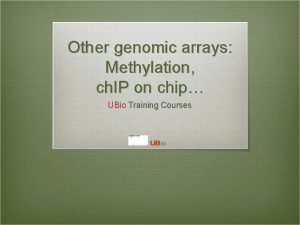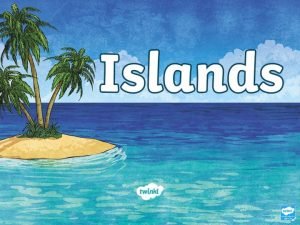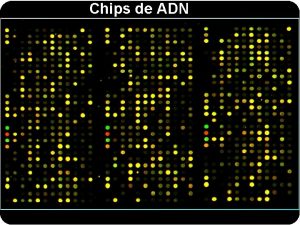Chips story on island 1 Cip Chip has





- Slides: 5

Chip's story on island 1 Cip Chip has got many children but only those with the longer and thicker beak can eat fish and large fruit trees. Others cannot survive because they are not ADAPTED to the ENVIRONMENT of the island 1. This NATURAL SELECTION also occurs in successive generations

Chip’s story on island 1 After a few generations have passed, the descendants of Chip have now got a long and strong beak. EVOLUTION has happened. Chip Dale's story on island 2 On island 2, NATURAL SELECTION favours only Dale’s descendants with the small beaks, which allow birds to feed on small seeds and insects that live on corn ears. Dale EVOLUTION has occurred: here as well. After a few generations on island 2 there are only birds with small beaks.

Climate change may also affect NATURAL SELECTION Peter and Rosemary Grant visited the Galapagos Islands for many years and studied Darwin's finches 1977 - Year of drought: natural selection favored birds with longer beaks 1983 - Hurricane El Niño: much of the vegetation was destroyed and birds with shorter beaks survived. The evolution of a species can be accelerated by some ENVIRONMENTAL and CLIMATE EVENTS and may even change direction, which is why a greater VARIABILITY BETWEEN INDIVIDUALS of each species decreases the risk of EXTINCTION

Let's go back to Chip and Dale: it may occur that after many generations their descendants cannot interbreed. Species A There are two different species with a COMMON ANCESTOR Species B

All living species are related to each other. Look at the tree: the species at the bottom are very different from their common ancestor.
